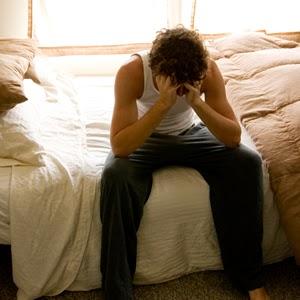Most of us occasionally experience downswings in mood or “blues” which are usually reactions to the struggles, obstacles and failures in life. We often tend to cite these feelings as depression. But depression is more than just temporary unhappiness or going through a rough state of mind. Depression can be best defined as a state of moderate or severe mood disorder, and is accompanied by unceasing spells of sadness and loss of interest in daily activities.

Common Reasons for Depression
The causes of depression are vast and quite difficult to enumerate. Individuals suffering from neglect, abuse, deprivation, etc at an early age experience depression later in the course of life. A number of medical illnesses like heart disease, stroke, cancer, HIV/AIDS, diabetes and Parkinson's disease can also trigger depression in the patients. Some of the common reasons for depression include loneliness, postpartum anxiety, menopause, unemployment, problems at workplace, social rejections, bullying, death of or separation from a loved one, relationship troubles and drug abuse. Pessimistic people with lack of confidence are bound to suffer from depression.
Some Typical SymptomsAlthough depression varies individually, there are some typical symptoms which help to determine whether a person is a victim of depression or not. Hoewever, these symptoms can often be mistaken as signs of normal blues usually experienced by everyone, unless they are stronger andconsiderably frequent.

- Irregular sleeping patterns, either insomnia, or hypersomnia.
- Loss of appetite or overeating leading to loss or gain of weight.
- Lack of concentration or inability to focus in daily activities or hobbies.
- Frivolous behavior.
- Anxiety, irritability, bleak attitude, and hopelessness.
- Severe self-criticism and feelings of worthlessness.
- Suicidal thoughts and attempts.
- Difficulty in doing simpler tasks due to extreme physical weariness.
- Sudden fits of anger and agitation.
- Inexplicable body aches and digestive problems.
